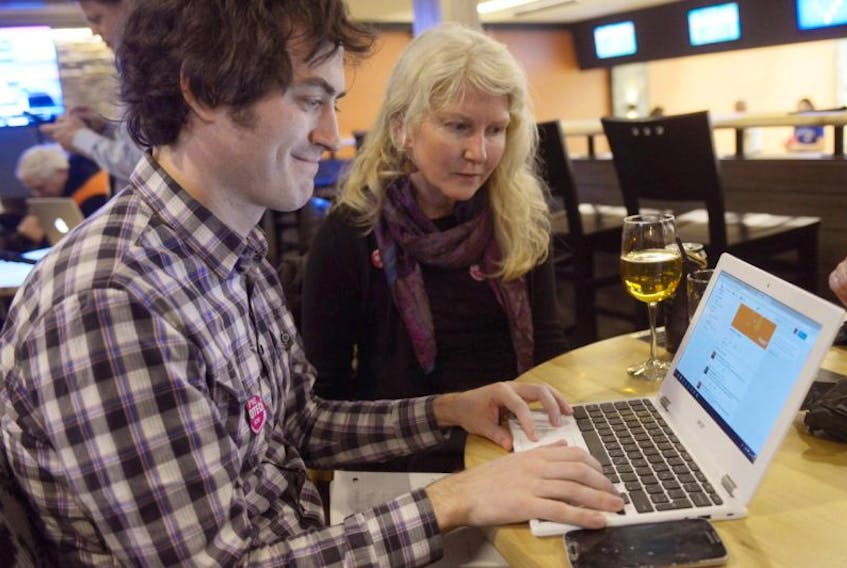
But if, as an elected politician, you call a plebiscite, and when you don’t like the result, you then simply throw it all out, well, that’s beyond disrespectful. Elected to govern at the will of the people, you ignore that will at your own peril.
In Prince Edward Island, that’s what has happened. In a plebiscite, voters chose to bring in a form of proportional representation instead of the traditional “first past the post” electoral result.
Why get rid of first-past-the-post? For the simple reason that support of something like 36 per cent of voters in an election can put a majority government in place, even though 64 per cent of voters actually voted against them.
Here’s the problem: only 36.4 per cent of Islanders voted. While 52.4 per cent of those who voted wanted mixed member proportional representation, 42.8 per cent were fine with the existing system.
Then, the wheels fell off.
Instead of making any kind of decision, it turns out the vote was a bit of a farce.
“The plebiscite was an exercise on representative democracy and bringing this discussion to the floor of the Assembly underscores this endeavor,” Premier Wade MacLauchlan said. He later brought in a motion to have a referendum on the subject during the next provincial election, suggesting that the turnout meant the plebiscite wasn’t representative of the public. So, in nutshell, some time in the future, something might happen. Or not.
The people voting probably didn’t think they were just “exercising.” They weren’t told in advance that their votes could be meaningless. And the people who didn’t vote? Well, they made their choice too — they had lots of opportunity, and they chose not to take part.
It’s eerily reminiscent of the federal Liberals, who promised electoral reform as part of their campaign platform. Now that first-past-the-post has put them in office, they seem curiously disinterested in changing things. The federal Liberals had said they were “committed to ensuring that 2015 will be the last federal election conducted under the first-past-the-post voting system.”
That resolve has since eroded in a way that sounds eerie like MacLauchlan’s take on “public exercise.” Here’s federal Democratic Institutions Minister Maryam Monsef, on CTV’s Question Period: “We’re committed to this initiative, but we’re not going to move forward unless we have the broad support of the people of this country for whom we’re making this change.” This, after more than 700 people took the time and effort to make presentations to a special House committee considering possible changes.
If you campaign on the idea of changing the system to better represent what people want, playing around with that intention after the fact leaves people feeling betrayed.
Or worse: it can leave them so disgusted that they no longer believe the system even wants their input.
And if you’re going to ask people to vote on something, you can’t toss the vote on the trash pile — saying it’s just not good enough — not when it’s a fair, open vote where everyone has a chance to go to the polls, if they choose.
When you tell people they have a voice, and then you simply take that voice away, it’s worse than not asking for their opinions at all.
It’s all well and good for a politician to argue they are protecting democracy.
In reality, by dismissing what the people want by saying it doesn’t fit the particular structure you envision, you’re damaging the whole process.
Once bitten, twice shy holds true for voters, too.
Russell Wangersky is TC Media’s Atlantic regional columnist. He can be reached at [email protected] — Twitter: @Wangersky.









